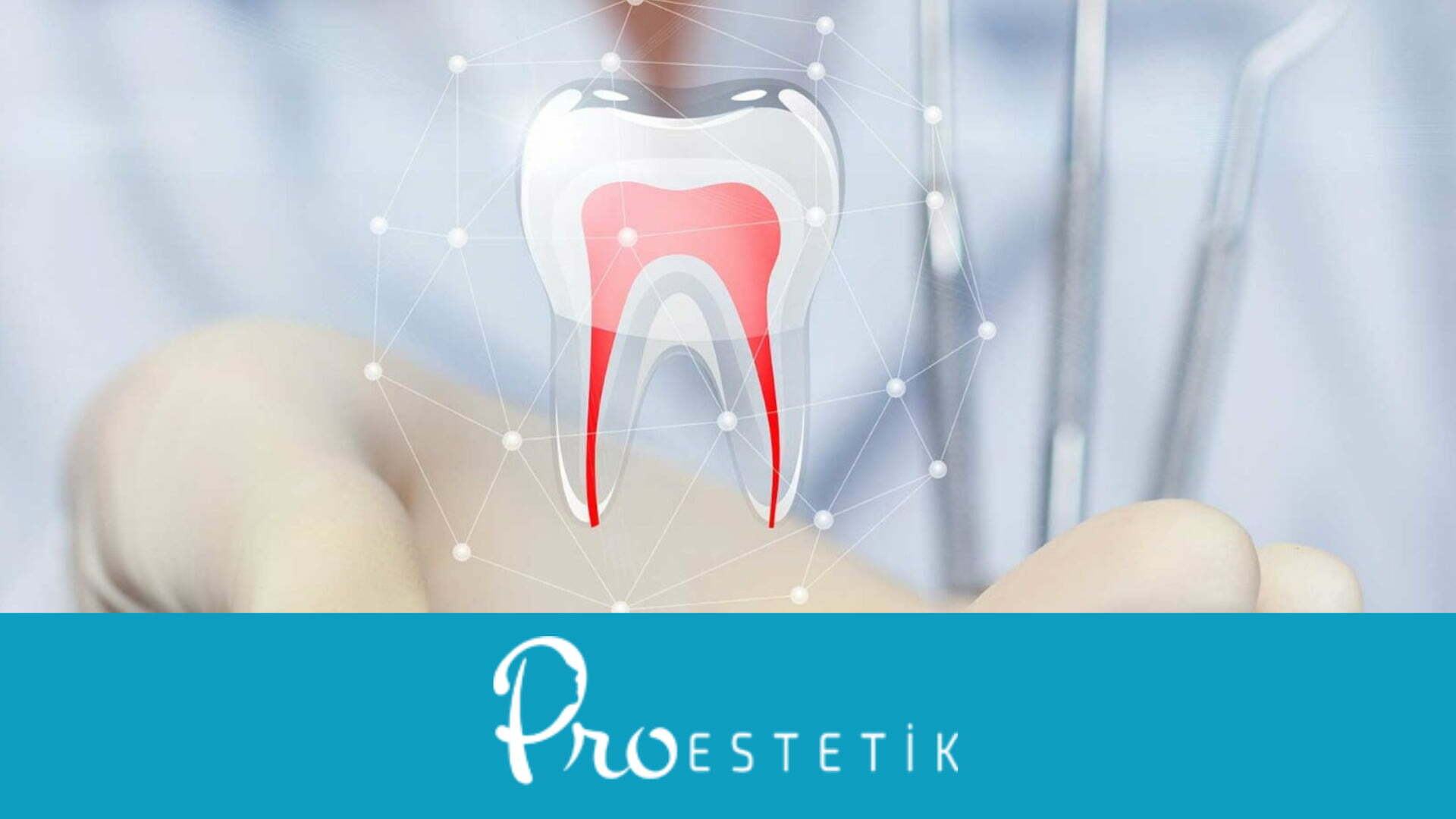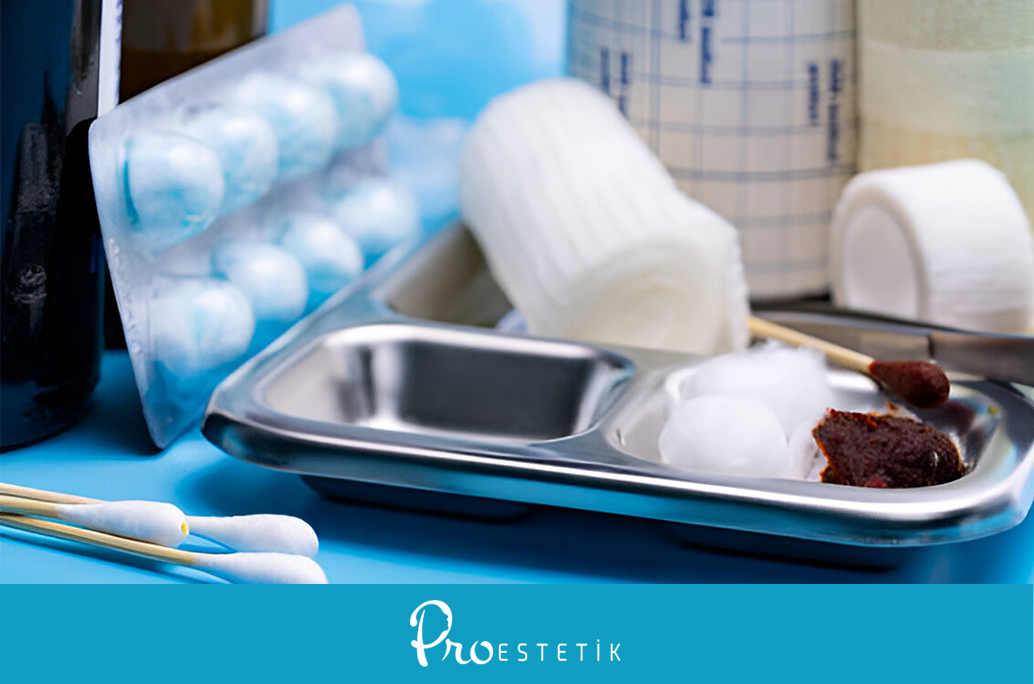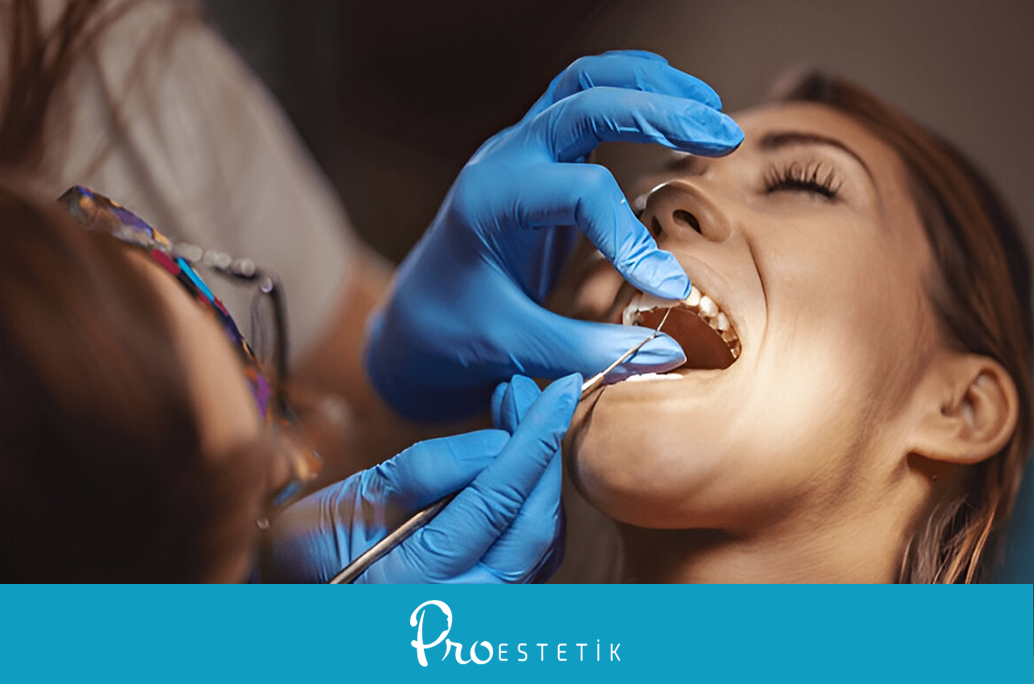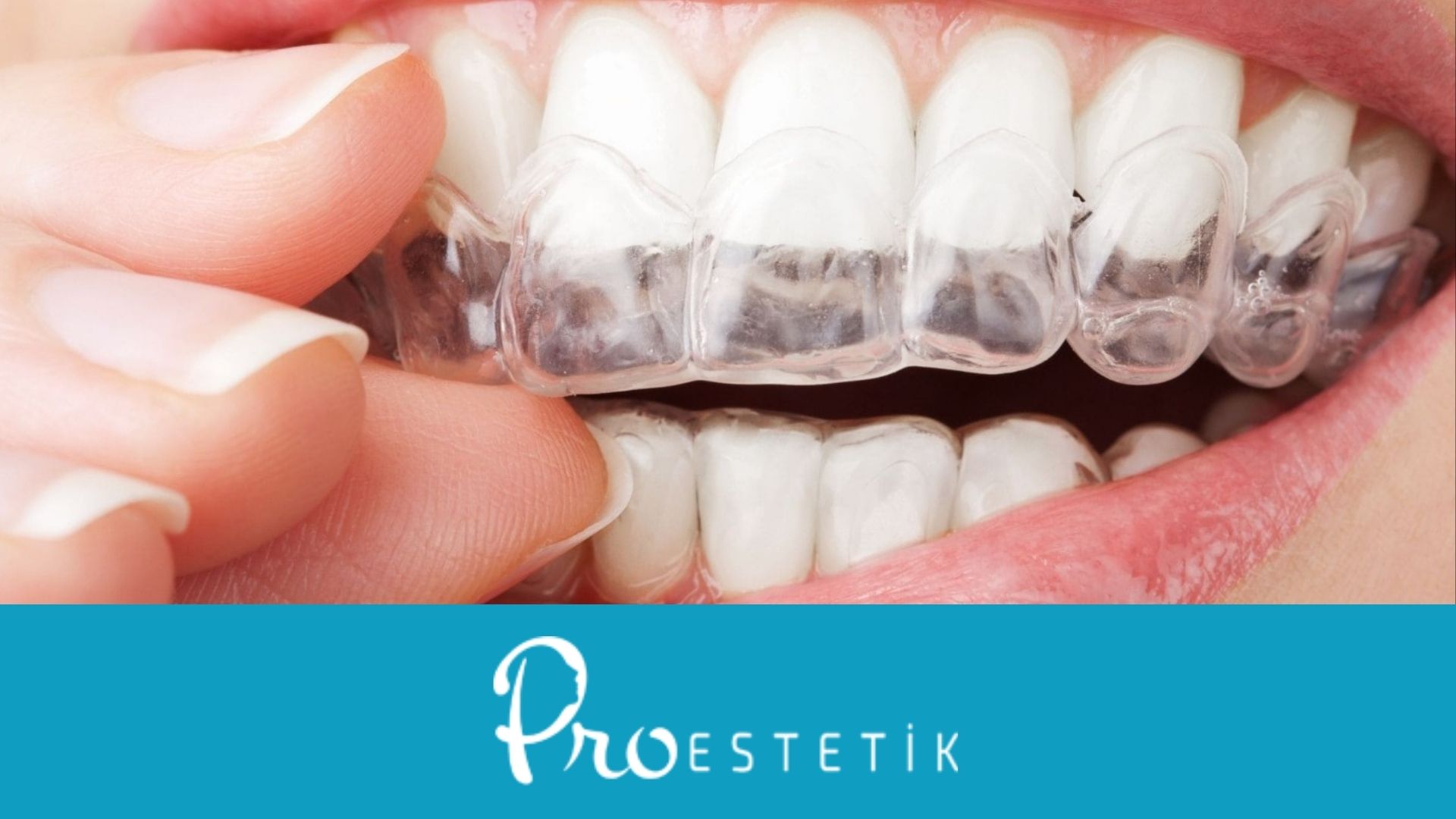What are the names of antibiotics for teeth? Why are antibiotics used for teeth and are there any side effects? In which cases is antibiotic use required? Let's answer these in our article!
Antibiotics should be used as prescribed by dentists. Unconscious use is very harmful.
Let's look at the details about the use of antibiotics for teeth...
Names of Antibiotics for Teeth

Antibiotics are used to treat infections that occur anywhere in our bodies. They are used for the same purposes in teeth.
There are certain types of antibiotics used for teeth. Let's list these types.
Names of antibiotics for teeth and their mechanisms of action:
- AmoxicillinIt prevents bacteria from reproducing by targeting their cell walls.
- MetronidazoleEffective against some bacteria and parasites.
- ClindamycinIt shows its effect by inhibiting the reproduction of bacteria.
- Ampicillin SulbactamContains different active ingredients. Effective against different bacteria.
- CefadroxilAffects the cell walls of bacteria.
Different antibiotics are prescribed according to the condition of the disease. A detailed examination by the dentist is required to understand the patient's condition. After this examination, if the use of antibiotics is necessary, the dentist will prescribe them to the patient.
It is important to use antibiotics as determined by your doctor and pharmacist. When not used regularly and carefully, situations such as bacteria developing resistance can arise.
Effect of Antibiotics on Tooth Infections and Pain
People suffering from toothache and inflammation wonder about the effect of antibiotics on infection and pain. Questions such as how long it takes for the pain to go away and when the inflammation will completely disappear are frequently asked.
Before these questions, let's briefly explain what antibiotics are.
Antibiotics are used to treat bacterial infections. They do not have pain-relieving properties. They cannot eliminate the main cause of the infection either.
Antibiotics are effective in limiting infections that may develop related to teeth. They also reduce risks. Penicillin, clindamycin, and metronidazole antibiotics are frequently used in situations related to teeth.
These medications are generally recommended to be used for a week to ten days.
In Which Cases Are Antibiotics Used for Teeth?

We mentioned why antibiotics are used. So, in which cases are antibiotics used for teeth? Let's look at them now.
Here are the Situations Requiring the Use of Antibiotics:
- Tooth Abscess: An abscess in the gums or anywhere in the mouth can result from a bacterial infection. The use of antibiotics prevents the spread of the infection and reduces the inflammation.
- After Tooth Extraction: In some cases, there may be a risk of infection after tooth extraction. In such situations, antibiotics may be used to reduce the risk of infection.
- Gum Diseases: Diseases like periodontitis can cause excessive bacteria growth in the gum pockets. Antibiotics are used to control such situations.
- Tooth Surgeries: Surgical procedures, such as tooth surgeries, increase the risk of infection. Therefore, the dentist may prescribe antibiotics before and after the surgery.
Antibiotics do not heal the teeth; the problems in the teeth need to be treated with treatments. Many situations do not require antibiotics. It is important to use antibiotics consciously.
Antibiotics should definitely be used with a prescription from the dentist and should not be used unless your dentist says otherwise.
Use of Antibiotics for Tooth Inflammation
Tooth inflammations usually result from the decay of the teeth and lack of proper oral hygiene. In some cases, they may also result from operations performed on the teeth.
Bacteria from the infection can multiply excessively, leading to the formation of pus. This situation can cause problems such as pain, sensitivity, and swelling.
If not treated, the infection can spread to the jaw and other areas of the mouth. Therefore, it is very important to see a dentist quickly.
The dentist can clean the tooth and may recommend antibiotics for the tooth. This is determined by your dentist based on your situation. With proper care during your treatment, you can recover quickly.
Use of Antibiotics for Tooth Abscess

Antibiotic use for tooth abscesses is not always necessary. In some cases, cleaning alone may be sufficient.
The use of antibiotics depends on the severity of the symptoms. The dentist will evaluate the patient overall and make a decision based on that.
Especially antibiotics like amoxicillin and cephalosporins are frequently used for tooth infections. The treatment process with these drugs may take a week. Antibiotic use should be under doctor supervision.
Antibiotics for Jawbone Infections
Inflammations in the jaw and bones may require antibiotic treatment. However, in some cases, doctors do not prescribe antibiotics. This depends entirely on the patient's problem, the severity of the situation, and the patient's health condition.
Antibiotics are effective in preventing the spread of infection and reducing symptoms. However, the use of antibiotics alone is not sufficient. Treatment is performed with surgical interventions by the dentist.
Here are the main reasons for jawbone infections:
- Tooth infections,
- Problems after tooth extraction,
- Wounds and traumas,
- Oral surgical procedures,
When Do Antibiotics for Teeth Take Effect?
The duration of the effect of antibiotics varies depending on the infection. You should use the medications prescribed by your dentist as instructed by your dentist.
With regular use, antibiotics take effect within 3 to 4 days. The complete healing process may take a week to ten days.
Side Effects of Antibiotics Used for Teeth

Like many medications, antibiotics can have many side effects. These side effects can be mild and temporary, or they can be serious.
If you experience serious side effects, you should consult a doctor quickly.
Side effects of antibiotics include;
- Stomach problems,
- Diarrhea,
- Allergic reactions,
- Tongue and mouth problems,
- Intestinal problems.
We have provided detailed information about the use of antibiotics for teeth in our article. Although antibiotics are very important in infection control, they are only part of the treatment. Cleaning procedures are also necessary for most infections.
Using antibiotics without consulting a dentist is very harmful. Unconscious antibiotic use can cause various side effects. The use of antibiotics alone does not solve the problem.
If you have a problem with your teeth, you can come to our clinic for a free initial examination service. For questions about your teeth, you can contact us and visit our page.

 English
English Turkish
Turkish Deutsch
Deutsch العربية
العربية![[:en]Names of Antibiotics for Teeth | Persistent Toothache![:tr]Diş için Antibiyotik İsimleri 1000 mg | Geçmeyen Diş Ağrısı![:de]Antibiotika für Zähne | Anhaltender Zahnschmerz![:ar]أسماء المضادات الحيوية للأسنان | ألم الأسنان المستمر![:] Diş için Antibiyotik](https://proestetik.com.tr/wp-content/uploads/2024/05/dis-icin-antibiyotik11.jp3_.jpg)











Rabiye Özen
6 months agoAnnemin dişi hapse oldu hap yutamıyor antibiyoti ğin suda eriyeni var mı
Hilal
6 months agoEczacınıza veya hekiminize danışabilirsiniz, sizin için uygun olan antibiyotiği reçete edecektir. Geçmiş olsun 🙂